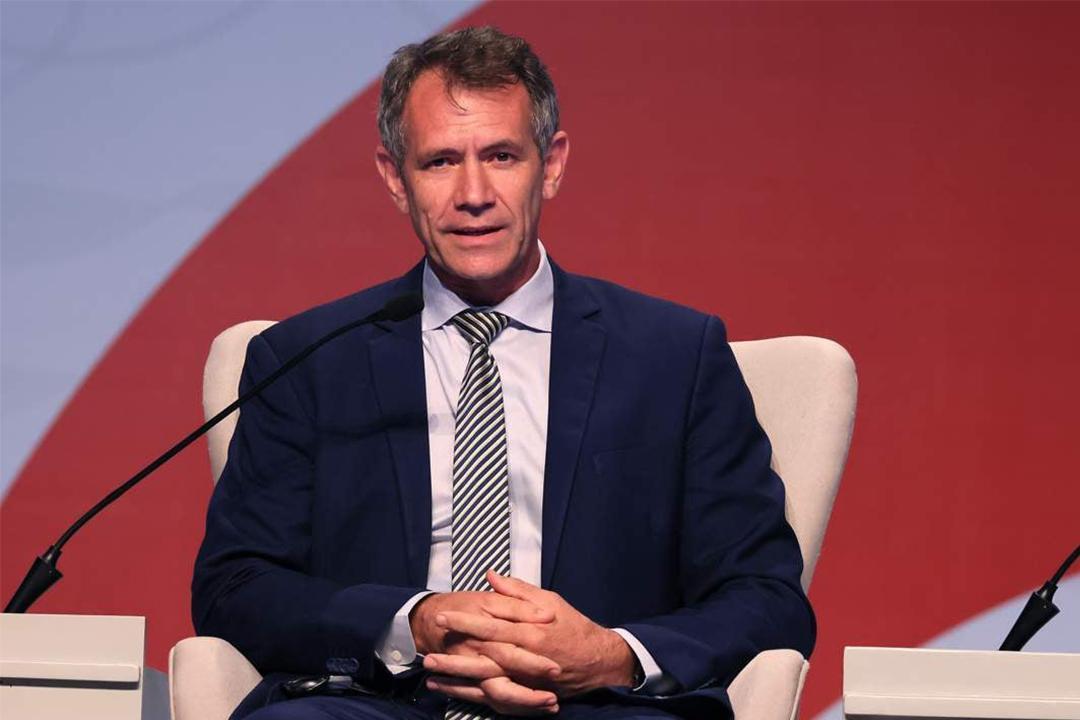Africa-Press – Eswatini. Government spent approximately E3.6 billion between April and June 2025, representing 16% of the total annual budget for the 2025/2026 fiscal year.
According to the Ministry of Finance’s first quarter performance report, the Budget Department indicated that it continued its efforts to restore fiscal discipline and sustainability, which were described as essential to ensuring macroeconomic stability. Officials noted that first-quarter spending was in line with expectations, as the start of the financial year typically sees a slower pace of disbursement.
The report revealed that the Ministry of Public Works and Transport accounted for the highest percentage of spending relative to its annual budget, having used up 49% of its allocation. This was followed by the Ministry of Housing and Urban Development at 31%, and the Anti-Corruption Commission, which recorded a 29% outturn. These ministries were said to have experienced front-loaded demand for their services during the early part of the year, hence the above-average expenditure.
The breakdown by department showed that other ministries remained within or below the expected 25% threshold for first-quarter spending. For instance, the Ministry of Education and Training spent 18% of its allocated E4.17 billion, while the Ministry of Health used 15% of its E2.87 billion budget. The Deputy Prime Minister’s Office, however, recorded only 2% expenditure during the same period, with E21.3 million spent out of a budget exceeding E1 billion.
In terms of control items, the government spent E1.41 billion on personnel costs, representing 16% of the total wage bill for the year. Expenditure on travel was reported at E88.5 million (20%), while professional services accounted for E332.9 million (20%). Other key expenditure areas included consumables (E181.3 million), rentals (E52.3 million), and internal transfers, which reached E1.36 billion.
Drugs and medical supplies were among the lowest spend categories, with only 3% of the E776.2 million allocation used in the first quarter. The Ministry of Foreign Affairs and International Cooperation and the Ministry of Tinkhundla Administration and Development also posted low expenditure levels, at 3% and 7% respectively.
Despite some ministries lagging behind in expenditure, the Ministry of Finance stated that most of the unspent funds were already committed to ongoing procurements and service contracts, and would be disbursed in the subsequent quarters.
For More News And Analysis About Eswatini Follow Africa-Press







